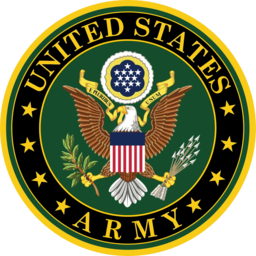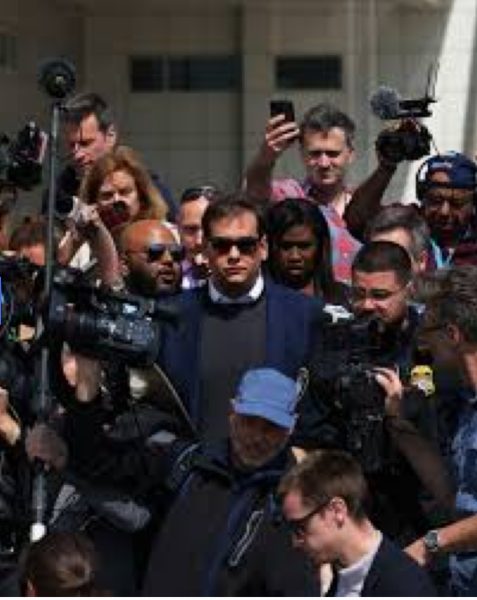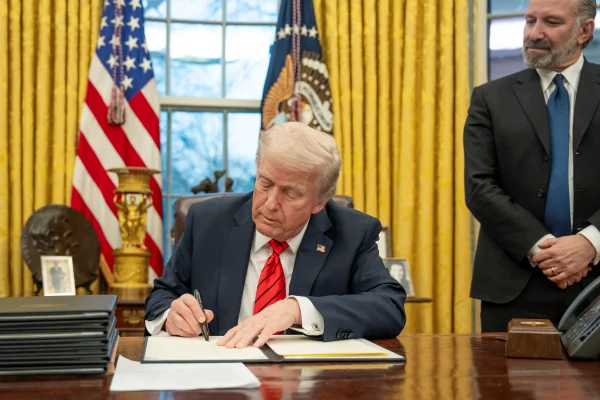Transgender Troops Banned from Military

Credit: Public Domain
The U.S. Military is returning to the controversial “Don’t Ask and Don’t Tell” policy after President Trump, on April 12, issued new rules that ban transgender people from serving in the military.
The United States Department of Defense said new people can only serve if they remain as their biological sex. There are an estimated amount of 15,000 transgender people currently serving, according to CBS News. Anyone who has received hormone treatments or surgery will not be allowed to serve.
Trump claimed transgender people cause “tremendous medical cost and disruption” to the military, according to 2017 tweet.
“After consultation with my generals and military experts, please by advised that the United States Government will not accept or allow……Transgender individuals to serve in any capacity in the U.S. Military,” the Tweet read. “Our military must be focused on decisive and overwhelming victory.”
According to the Defense Department, the military has spent about $8 million on transgender care out of its $50 billion budget. Transgender care includes therapy and surgeries — mainly breast reduction and hysterectomies.
“Don’t Ask Don’t Tell” was issued by President Bill Clinton in 1993 to prevent military personnel from harassing or discriminating against closeted homosexuals while prohibiting openly gay, lesbian, or bisexual people from serving, according to The Guardian. This policy is now applying to transgender people.
“Don’t Ask Don’t Tell” was highly criticized because it sent a message that discrimination is acceptable, according to Human Rights Campaign. It was repealed in 2011 by President Barack Obama.
Former President Obama allowed transgender people to serve in 2016. Now, President Trump’s new law states that people who have transitioned from their biological gender to another gender cannot enlist in the military.
Transgender people who are currently in the military can still remain in the military regardless if they have received medical treatment or not.
A few celebrities responded to Trump’s tweet in fury, including Caitlyn Jenner.
Jenner, who, in 2015 came out as transgender, tweeted in 2017, “There are 15,000 patriotic transgender Americans in the US military fighting for all of us. What happened to your promise to fight for them?”
The ban prohibited the Department of Homeland Security (DHS) from funding sex reassignment surgeries.
Glede Wang ’19, leader of the PRIDE club at Williston, told The Willistonian she feels terrible about the ban and thinks it is a “big mistake.”
“The United States has been the beacon for LGBTQ rights,” she said, “and with the marriage equality being achieved in 2016, the whole world is looking at America for a equal protection under the law toward the transgender population.”
Glede continued, “This ban on transgender people to serve in the military really pushes back the efforts from countless people who fought to achieve equal civil rights for everyone.”
Trix Willems ’19, a transgender male at Williston, is very upset about the ban.
“There are military officials who are saying that there is no reason for this,” he said. “I think it is frustrating to have all of these facts and all of these people who are defending trans people, who are saying that and are still not being listened to.”
Erin is a senior from Taipei, Taiwan. She enjoys playing volleyball and watching "The Bachelor" during her free time.











